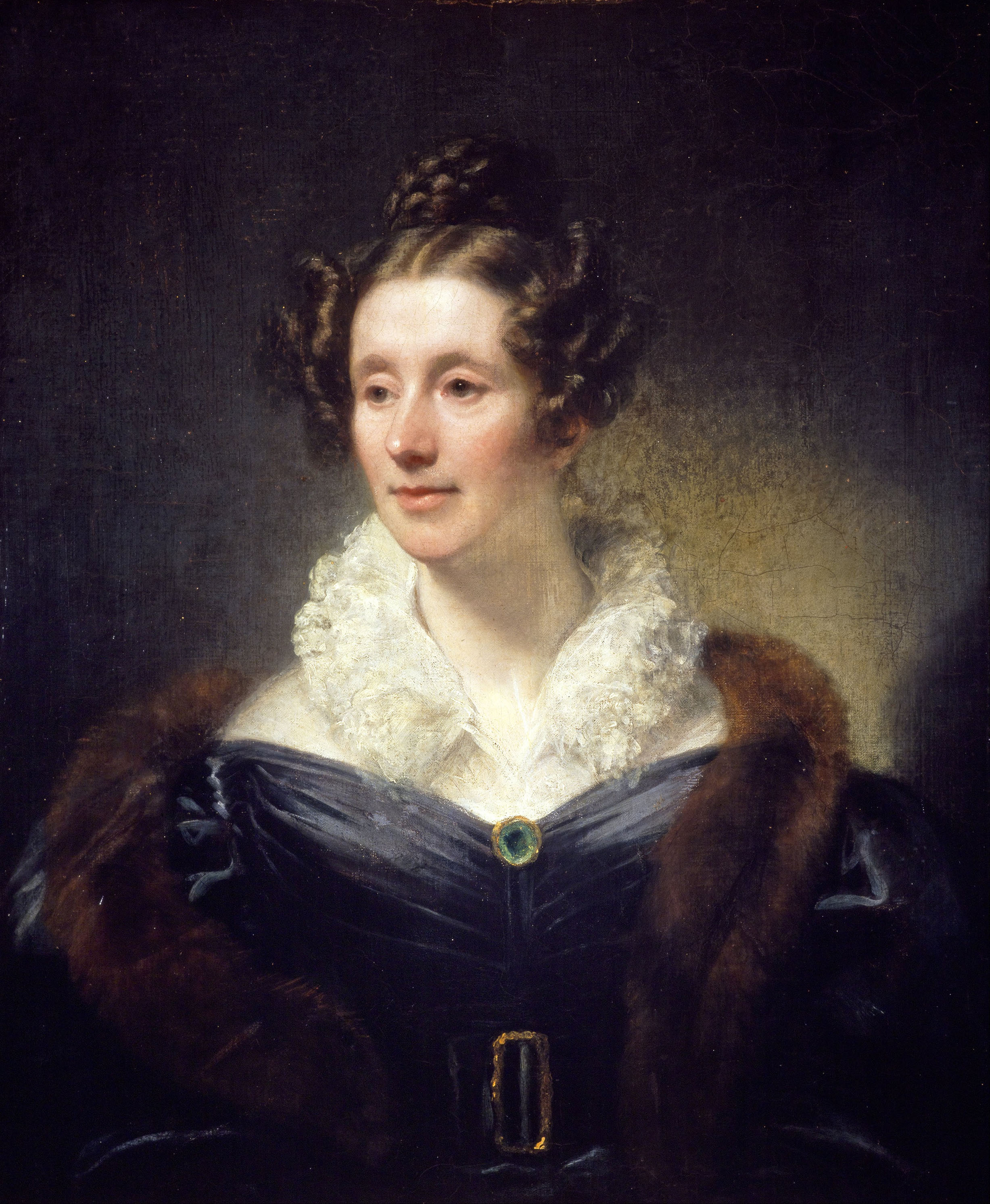

Mary Somerville was a Scottish scientist and writer who was known for her popularisation of science. She was one of the first women to be recognized for her scientific contributions, and she is considered to be one of the pioneers of science communication.
Somerville was born in Jedburgh, Scotland, in 1780. She was interested in science from a young age, and she taught herself mathematics and astronomy. She married a wealthy doctor, and they moved to London, where she began to write about science for the general public.
Somerville's books were very popular, and they helped to make science more accessible to people who did not have a formal education in science. Her most famous book, "On the Connexion of the Physical Sciences," was translated into many languages and became a standard textbook for many years.
Somerville was also a gifted mathematician and astronomer. She was the first woman to be elected a member of the Royal Astronomical Society, and she received honorary degrees from several universities.
Somerville was a pioneer in the field of science communication. She was able to explain complex scientific concepts in a way that was easy to understand, and she made science accessible to a wider audience. She is considered to be one of the most important figures in the history of science communication.
Somerville was also a role model for women in science. She was a successful scientist in a male-dominated field, and she showed that women could make significant contributions to science. She was an inspiration to many young women who are interested in pursuing careers in science.
Mary Summerville was a tireless advocate for women's education.

There are no different forms of the word "Mary Summerville" because it is a proper noun.
The name "Mary Somerville" is of Scottish origin. It is a compound name, made up of the following elements:
Mary: This is a common female name of Hebrew origin, meaning "bitter" or "sea of bitterness".
Summerville: This is a surname of Scottish origin, meaning "from the summer town".
What is Mary Summerville famous for?
Question:
Discuss the contributions of Mary Somerville to the field of science and her impact on promoting women's participation in scientific pursuits during the 19th century. How did her work in mathematics, astronomy, and physics challenge societal norms and pave the way for greater recognition of women in the scientific community? Provide examples of her notable achievements.
Answer:
Mary Somerville's contributions to the field of science were monumental, especially during a time when women's participation in such endeavours was widely discouraged. Her work in mathematics, astronomy, and physics not only advanced our understanding of these fields but also challenged societal norms and paved the way for greater gender equality in the scientific community.
In the 19th century, Mary Somerville authored "The Mechanism of the Heavens" and "The Connection of the Physical Sciences," which synthesised complex scientific ideas and made them accessible to a wider audience. Her ability to communicate intricate concepts to both scholars and the general public earned her recognition as a prominent science writer.
Somerville's involvement in astronomy included her work on the study of planets, and she played a significant role in the computation of the orbit of Uranus. She was also the first woman to be elected to the Royal Astronomical Society in 1835, breaking barriers for future generations of female scientists.
Her contributions went beyond her research. Mary Somerville's advocacy for education and her active role in promoting the inclusion of women in scientific circles were instrumental in advancing the cause of women's rights in the scientific field. Her determination to challenge gender norms and her pioneering achievements have left a lasting legacy, inspiring countless women to pursue careers in science and making her a trailblazer in the journey toward greater gender equality in academia.
Address
Developing Experts Limited
Exchange Street Buildings
35-37 Exchange Street
Norwich
NR2 1DP
UK
Phone
01603 273515
Email
hello@developingexperts.com
Copyright 2025 Developing Experts, All rights reserved.